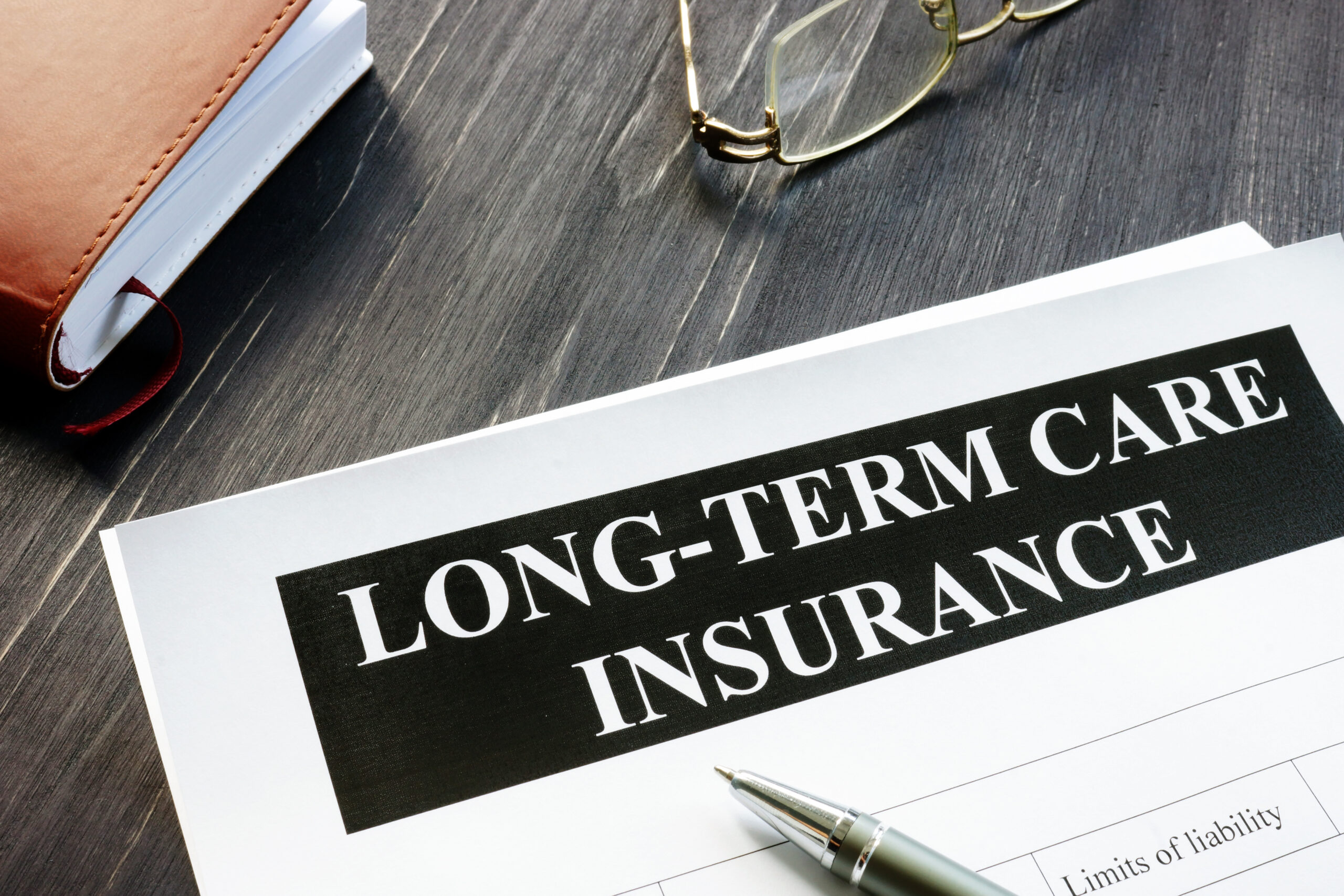Many people set up a Trust to avoid probate, thinking their loved ones won’t have…

The Importance of Holding a Family Caregiving Meeting
We all know someone who, at some point, will need help with declining health. Many times, family members or friends will step in to help. Depending on the family’s dynamics, determining who should handle the role and what type of care the ailing relative should receive can be easy or difficult—it all depends on planning.
The first step in determining the best plan for your loved one is to have a family caregiving meeting. This meeting should be the first of many since these meetings are crucial for keeping everyone informed, spreading out the caregiving responsibilities, and ensuring all aspects and perspectives are considered. Who attends the meeting and where it’s held are important factors and vary for each family.
Planning the Meeting
The best scenario is to start planning the meeting well before a loved one’s potential need for care. This is easier with some ailments than with others. It would certainly apply to a situation with a relative in the early stages of Alzheimer’s disease. The more time you have to make arrangements, the more options will likely be available.
Your family caregiving meeting may include only your immediate family, some extended family, or a professional caregiver. The important thing is to include everyone who will be involved in the caregiving process as well as family members who want to be kept in the loop.
Whether to include the ailing relative or not depends on the situation. Most people would like to be included in meetings that are about them. However, if your loved one’s condition makes it difficult for them to understand what’s going on, then it may be best to have the meeting without them.
If some topics would be painful for the ailing relative to hear, you can have one meeting to discuss these topics without them and include them in another meeting about other aspects of the process. Caregiving discussions and decisions are challenging. Sometimes it’s helpful to include a professional with experience in caretaking transitions, such as a social worker, attorney, or religious advisor.
When choosing where to have the meeting, offer some places that will be convenient and comfortable for everyone involved. If some people can’t physically attend the meeting, set up a video call so they can join virtually. Find a way for the meeting to be as free from distractions as possible, for example, no noisy children or pets.
Having the Meeting
Creating an agenda for the meeting will help establish a framework and give the attendees an idea of what will be discussed. You can even email a proposed agenda before the meeting and solicit input to make sure the appropriate topics are covered. Here are some topics that could be discussed:
- Status of the ailing relative’s condition – How are things progressing, and is there an estimated timeline?
- Caregiving needs – How much help does your loved one need daily or weekly? What do they need help with? Are family members able and willing to help? Does the family need to hire a health care professional to visit the home? Will 24-hour care be needed, or will your loved one need to be moved to a place with such care?
- Cost of care – How much will the appropriate care cost? What is the best way to pay for it? Is outside financial help available? (This is where planning well in advance can be especially helpful.)
- Assigning roles – Who will take the lead in different areas, such as handling financial matters, medical issues, logistics, hiring a professional caregiver, or filling supporting roles?
- Next steps – Create a list of tasks for family members to do before scheduling the next meeting.
It’s helpful to keep in mind that the first meeting won’t be the last. It is simply the beginning of a long process. To successfully plan for a relative’s care, remember that regardless of differing views, the objective is to provide the best possible care. Keeping this as the overall goal should help the family find the right solution.
Our law firm is dedicated to keeping you informed of issues that affect seniors who may be experiencing declining health. We help you and your loved ones prepare for potential long-term medical expenses and the need to transition to in-home care, assisted living care, or nursing home care.
If you have questions or would like to discuss your personal legal matters, with a Florida Estate Planning Attorney please don’t hesitate to contact us at (321) 729-0087



